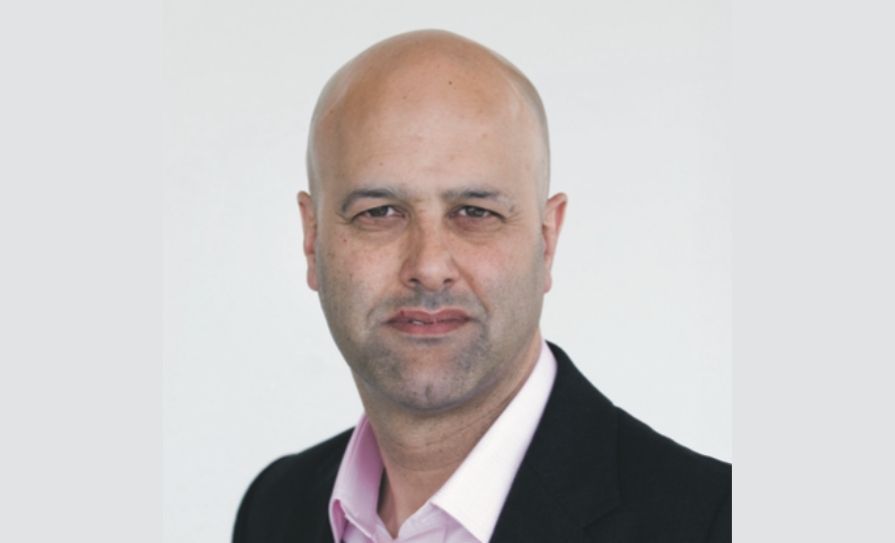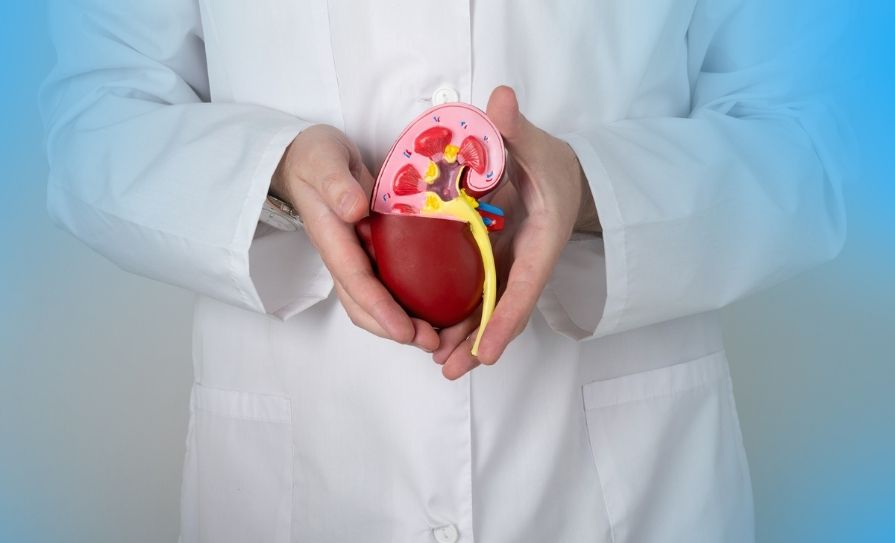A leading professor of general practice has called on the Department of Public Expenditure and Reform (DPER) to withdraw what he has described as a “dangerous document” that sets out to portray general practice as inefficient.
Prof Tom O’Dowd, Emeritus Professor of General Practice, Trinity College Dublin, labelled the document, Spending Review 2018 — Government Expenditure on General Practice, published on Budget Day, as “quite destructive and flawed”.
Speaking to the <strong><em>Medical Independent</em></strong> (<strong><em>MI</em></strong>), the Tallaght-based GP lambasted the review, which aimed to “consider the efficiency and level of Government expenditure on general practice”.
He said he strongly objected to the use of his research within the review to help further “an agenda”.
“They use some of my research in a destructive manner to make a point to portray general practice as inefficient. Clearly, they have an agenda,” Prof O’Dowd said.
“It’s a dangerous document and is unprofessional and I think shouldn’t be left lie there… This type of document is typical of people who know the price of everything and the value of nothing.”
<img src=”../attachments/7ac99583-984b-4713-ab7e-83fe6b82525a.JPG” alt=”” />
<strong>Prof Tom O’Dowd </strong>
Prof O’Dowd went on to describe the document as “poor-quality work” and argued that in any other profession, the authors would be “called to account on it”.
Many other doctors have criticised the review, including President of the Medical Council Dr Rita Doyle.
On Twitter, Dr Doyle wrote: “I am incensed at such low levels that our politicians can stoop to — pot calling kettle black — general practice is probably the most efficient and frugal part of health service.”
Dublin GP Dr William Behan also denounced the review and the research used within it, stating that the authors had taken a “health ‘lepechaunomic’ approach to GP funding”.
Dr Behan said he had been in touch with DPER regarding the data, despite a spokesperson for the Department saying it had not received any correspondence from Prof O’Dowd or other doctors in relation to the review.
The spokesperson highlighted that the review concludes: “There is very little available evidence on the overall efficiency of Irish primary care and general practice in Ireland and more work in this area is necessary.”
They added that the review notes that the ESRI (2010) identified Grace Lordan’s (2007, 2009) work estimating “the efficiency of out-of-hours [OOH] co-operatives on the island of Ireland between May 2004 and May 2005” as the only known research.
The review discusses a number of areas where studies indicate potential efficiencies, she said, including the HSE’s Medicines Management Programme’s Prescribing and Cost Guidance, which identifies that “new therapies with equivalent efficacy offer the opportunity to save money for both patients and the State without compromising on safety and efficacy”.
Dr Behan argued the document needed to review its figures for out-of-pocket payments to GPs and associated Vhi and tax. He added that the review overestimates GP tax revenue loss.
Speaking at the Annual Conference of Rural, Island and Dispensing Doctors in Limerick on 6 October, IMO CEO Ms Susan Clyne said that of the funding allocated to primary care projects in Budget 2018, “I don’t actually believe one single cent out of that €25 million was spent in primary care; it was eaten-up somewhere else in the budget… ”
Ms Clyne added that money will “never” be diverted from the hospital system. “It is not that the hospital system is awash with cash; the whole health system is demand-based, so what we have to get is new streams of funding.”
According to the review, “total current health expenditure going to medical practices in Ireland in 2016 was just short of €1,000 million.”
“This excludes an unknown figure for total non-health expenditure on general practice. Government expenditure on general practice exceeds €640 million. Primary Care Reimbursement Service payments to general practitioners at €543 million in 2016 account for the bulk of this.
“The remaining €100 million comes from a myriad of different funding channels, which may or may not be considered primary care or health expenditure. The range of expenditure lines has the potential to obscure the full extent of spending and raises the possibility that the different schemes are compromising each other’s effectiveness, given their different objectives.”
It states that potential savings of between €75-to-€100 million could be achieved through eliminating inefficiencies, but notes more analysis on efficiency in primary care is required.
However, the authors believe it is possible to “identify some clear examples of areas where the efficiency of Irish general practice can be improved”, particularly in relation to medication prescribing.
“Within the practice itself, there appears to be scope for efficiency improvements in terms of the time GPs spend not consulting patients and the time spent conducting consultations which do not necessarily require a medical practitioner (eg, certification),” the review states.
“Greater use of practice nurses for triage and routine activities, as well as other practice support staff, would appear to be a key part of a move in this direction and the effectiveness of this approach in turn depends on increased practice sizes.”
But several doctors have argued that practice nurses already triage patients and carry out routine activities with support from other practice staff, querying the level of understanding among the review authors of the workings of general practice.












Leave a Reply
You must be logged in to post a comment.